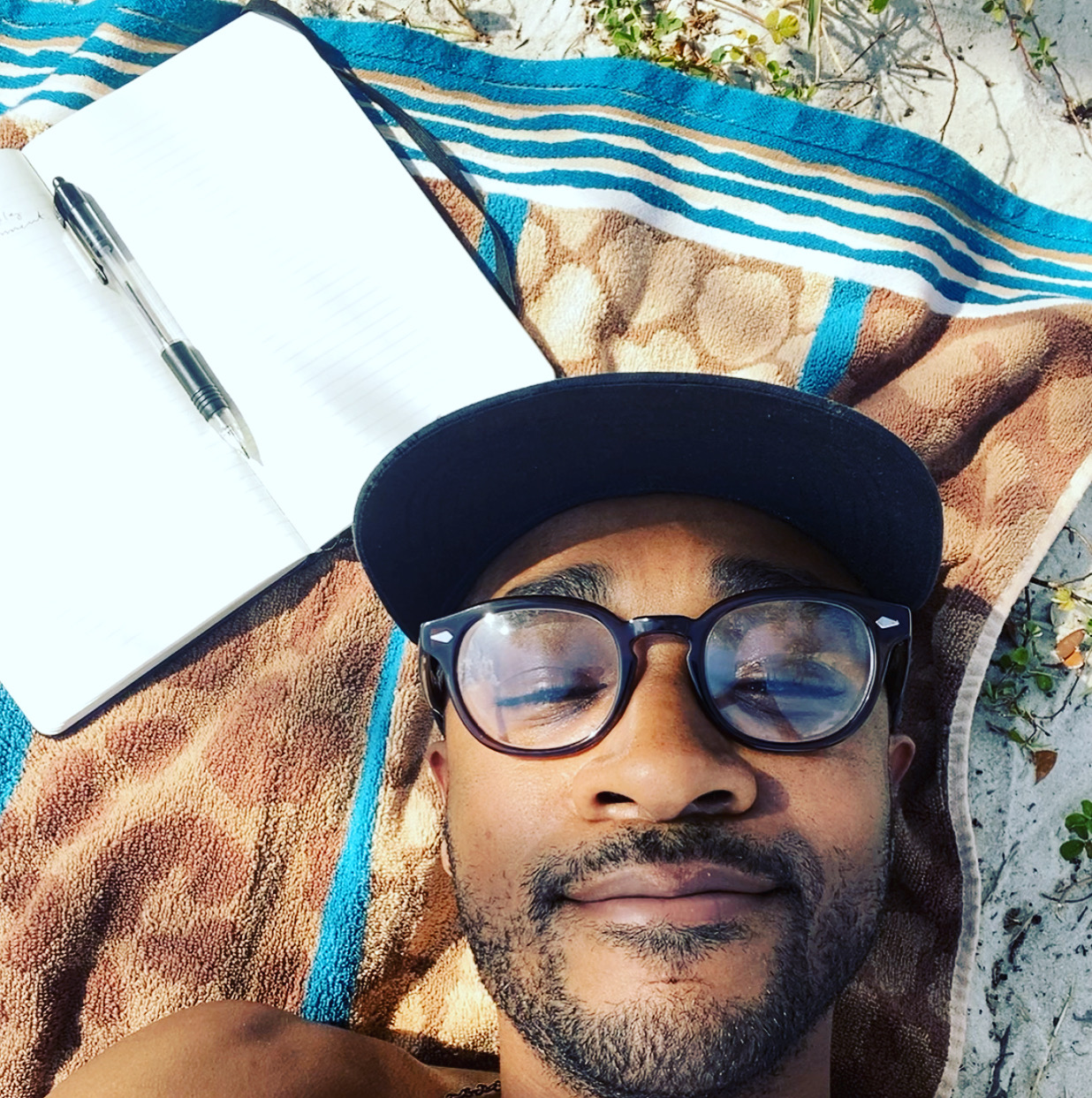If you met me, would you be more likely to notice our differences, or our similarities? At first glance, you might view me as a cool, collected Millennial professional. And that view might be accurate, sometimes. In others, I may be managing anxiety I have lived with for years. For a long time I had no idea how to deal with it. Even though I knew that at least 1 in 5 adults in the US experience a mental health condition each year, I felt completely alone. I still do, at times.
In the past, I turned to excessive work, drinking, and other vices to numb those anxious feelings. I didn’t talk to anyone, ashamed to not have it all worked out. Only once I sought help from a therapist did I realize how toxic these coping mechanisms were. Nowadays I run, meditate, and am a member of a men’s group to discuss my struggles. Through sharing with the other men in my group, I’ve come to understand the role of adverse childhood experiences (“ACEs”), pain passed down from parents and families, and the importance of processing that pain, so that it doesn’t get worse.
In many ways, I now consider myself lucky to live with anxiety because of the insights it has provided into myself and my community. Small gestures add up to a larger impact, particularly when it comes to stigma around often invisible mental health issues. If someone lives with diabetes their community is likely aware. Not so for people with depression, anxiety, bipolar disorder, or schizophrenia. The only way this will change is for more people to share their personal experiences, and there are many unlikely and high-profile allies emerging to reduce the stigma around mental health issues.
Last month, Taraji P. Henson made a raw emotional appeal to the Congressional Black Caucus, speaking openly about her anxiety and depression and asking the government to take a stronger stance to protect American youth, particularly African Americans who deal with disproportionate silence around their mental and emotional wellbeing. In her own words, “We in the African American community — we don’t deal with mental health issues. We don’t even talk about it.”
Michael Phelps has also spoken up, through partnership with the Talkspace therapy app. He candidly describes his isolation and depression, which took him to the point of contemplating taking his own life, and how the decision to seek therapy saved him.
Another celebrity-associated campaign fighting mental health stigma is Therapy Pets (@therapypetslove). The Therapy Pets campaign receives submissions of people’s pets, who become “spokesimals,” sharing simple information about mental health and fun facts about themselves. Hundreds of people have submitted their pets, from dogs and cats to goldfish, horses, lizards, and cows.
Therapy Pets also includes an original animated series, created by my organization The Public Good Projects (PGP) in partnership with rapper Big Boi from Outkast. It’s fueled by major star power like Big Boi himself, Phantogram frontwoman Sarah Barthel, Chromeo’s Dave 1, and actor Michael K. Williams. The campaign is making real impact. 90% of @therapypetslove followers report they now reach out more often to friends and family about mental health. The newest episode features Sarah Barthel and her dog Leroy.
Celebrity voices and adorable animals lift me up when I need a boost, and to learn more about the diverse faces of mental health, The Public Good Projects shares real stories through another campaign called LikeOneAnother.
@likeoneanother operates based on a simple concept: We’re more like one another than we are different. Every day a new community member living with a mental health condition shares a selfie, portrait, or video of themselves and something they want the world to know about them. The outpouring of support they receive is inspiring. 77% of followers report that since following the campaign they’ve provided support to someone with a mental health condition. As I walk through my hometown of New York City and look at all the faces, I think about the stories under the different ages, skin tones, wardrobes, and demeanors I pass. No doubt many of these stories intersect with my own.
The more we know, the more stories we see, the less stigma there will be. Less coping alone, less blaming ourselves, less ill-informed judgement of others. More understanding that anyone can be diagnosed with a mental health condition, and that we can fully recover from mental health issues. Sharing my own experience has helped me heal, and I’ve seen that it has helped others too. Why not share your own story, or perhaps a furry, scaly, feathered friend right now?
Learn more about me and my work with PGP, visit our campaigns @therapypets and @likeoneanother, and do your part to share stories that help reduce mental health stigma.


